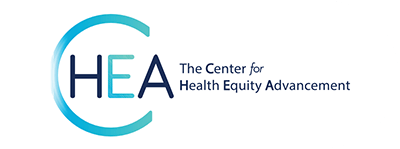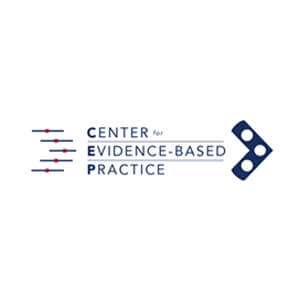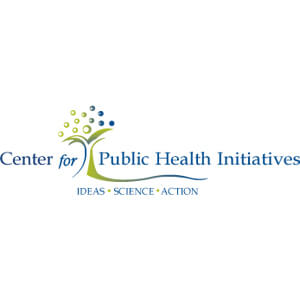Inclusion
What is inclusion?
“A set of social processes that influence an individual’s access to information and sense of belonging, job security, and social support received from others.”– Persons et.al., Academic Medicine, 2015
Inclusion in the workplace means that all employees, at all levels and of all backgrounds, feel they are respected and treated fairly, contribute to the success of the organization and have equal access to opportunities and resources.

How is inclusion
different than diversity?
“Diversity is about the mix of people you have, and inclusion is about making that mix work.”– Andres T. Tapia, Author of “The Inclusion Paradox: The Obama Era and the Transformation of Global Diversity”, 2009
Diversity is about the individual traits, backgrounds, and life experiences that make people unique, and inclusion is about creating the culture, through behavior, practices and social norms, that ensures all individuals feel welcome.

Why is inclusion important in health care?
The key to ensuring diversity in the health care workforce is fostering inclusion.
An inclusive environment promotes retention and promotion of diverse minds and voices within the health care system which is critical to creating health care systems that will meet everyone’s needs.
“We envision a health system where every diverse voice is heard, where every unique perspective is considered. Promoting an inclusive culture benefits not only those that work, train, and study within our health system, but also those that seek care here. When we value each other it enhances our ability to care for our patients.”
– Jaya Aysola, MD, DMTH, MPH, Executive Director for the Center for Health Equity Advancement and Assistant Dean for Inclusion and Diversity of the Perelman School of Medicine at the University of Pennsylvania
What you can do

Speak out when you witness biased or discriminatory comments or behaviors.

Consider your own unconscious biases and how they may impact your interactions.

Ensure all levels of employees, especially leadership, in your organization are trained on topics related to unconscious bias and inclusion.

Review organizational policies to ensure they are inclusive of all employees.

Ensure accountability and develop processes to effectively address disrespect and discriminatory behaviors.

 Search
Search









